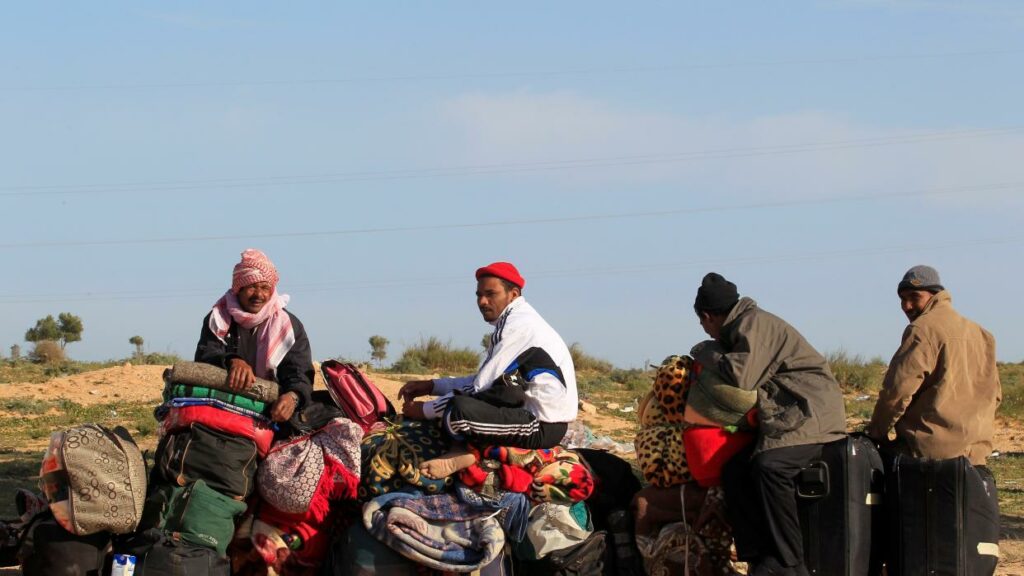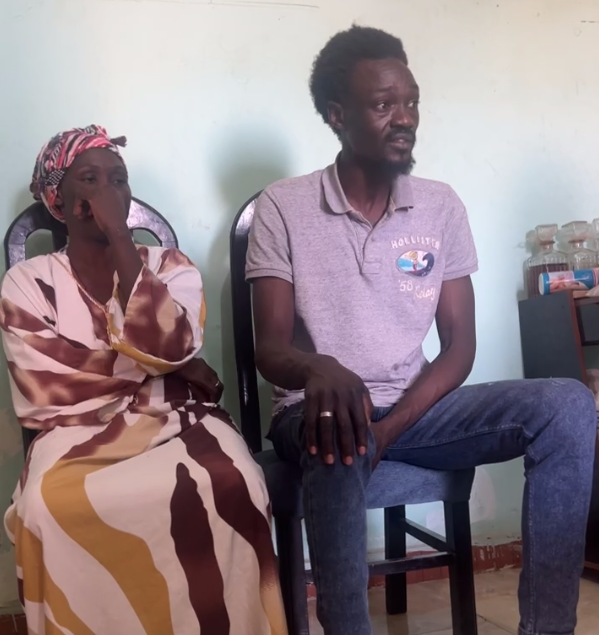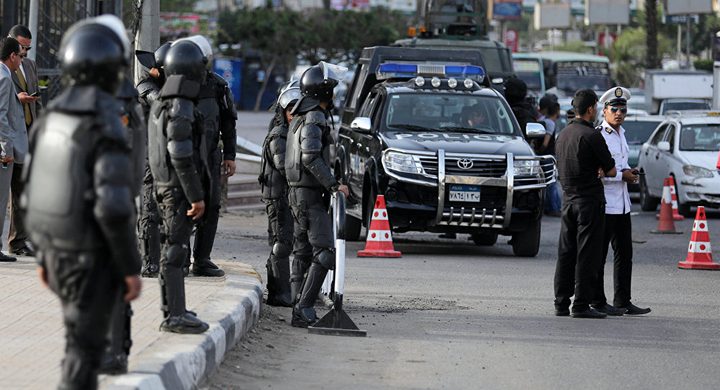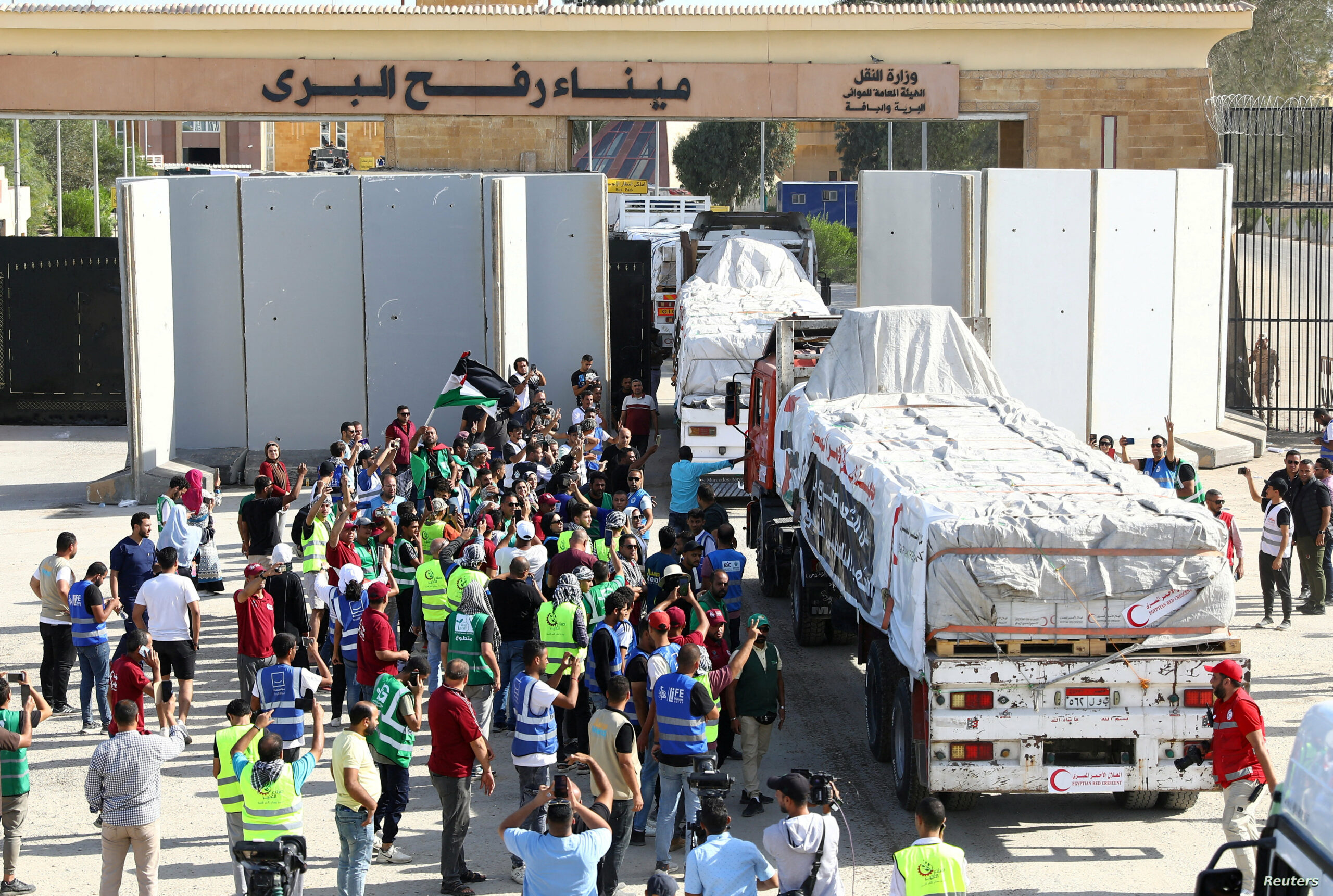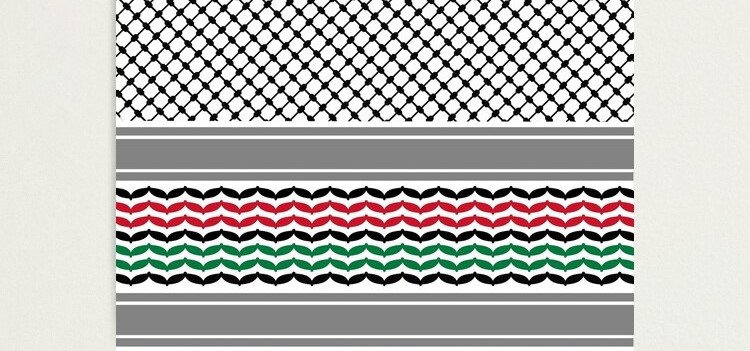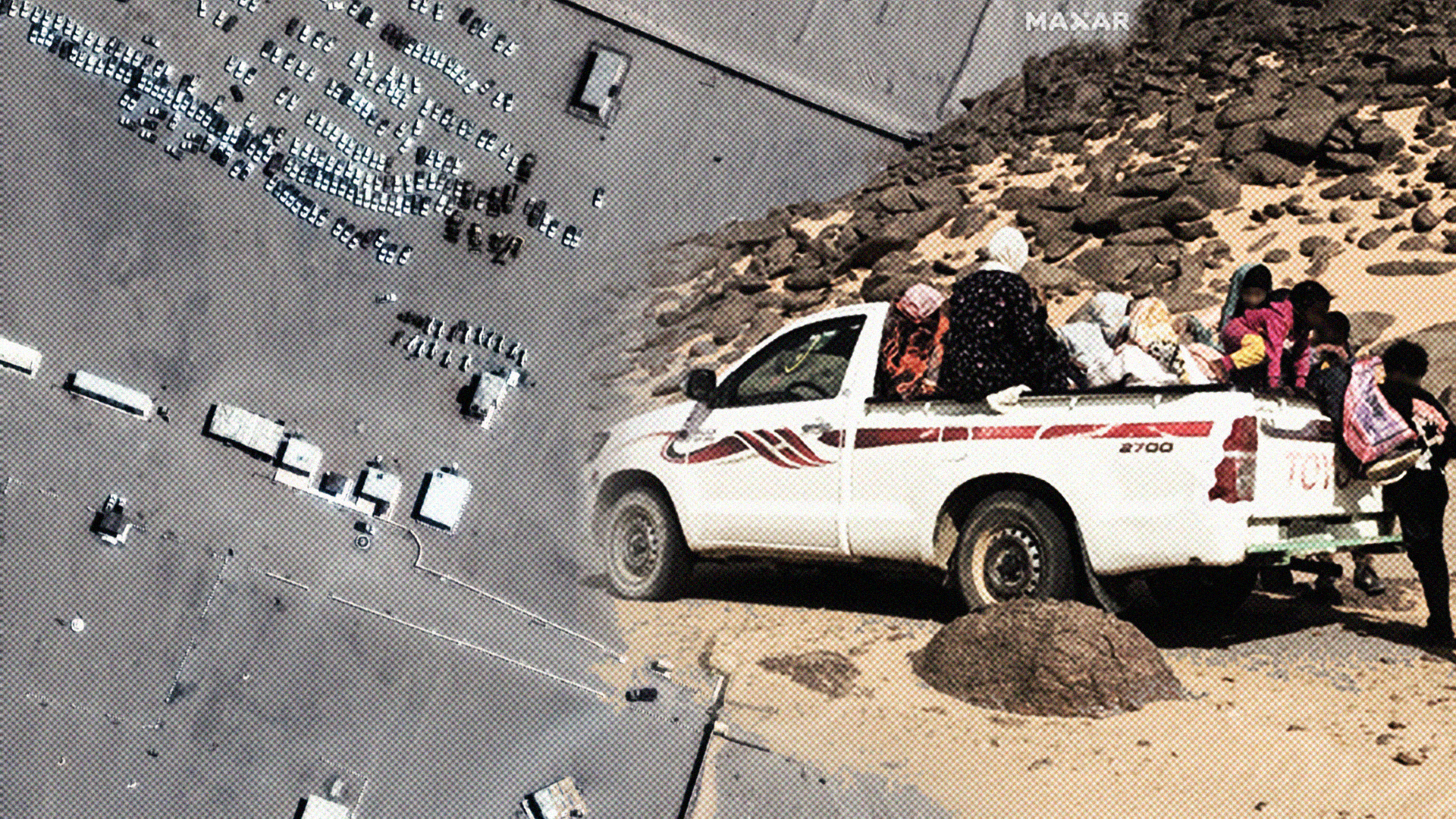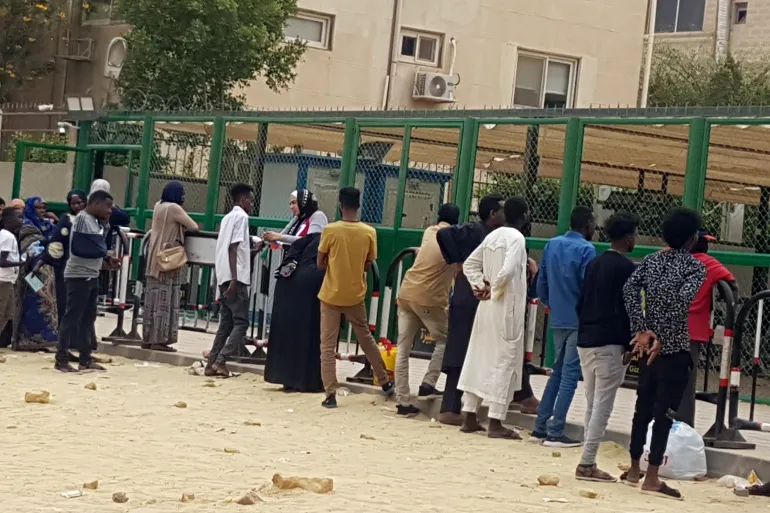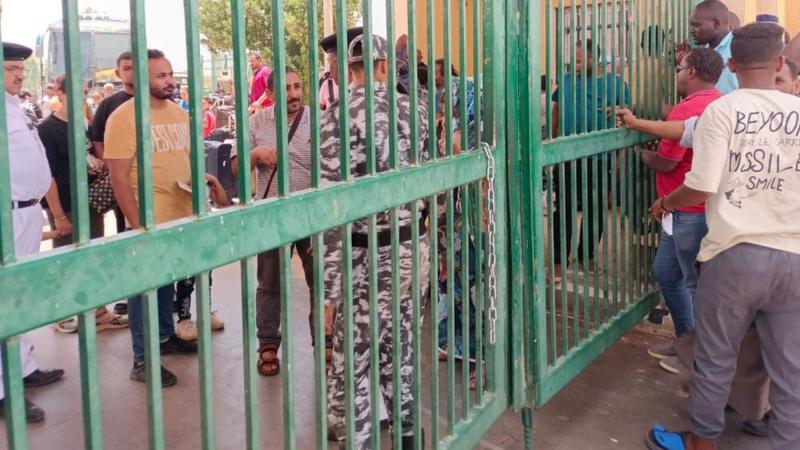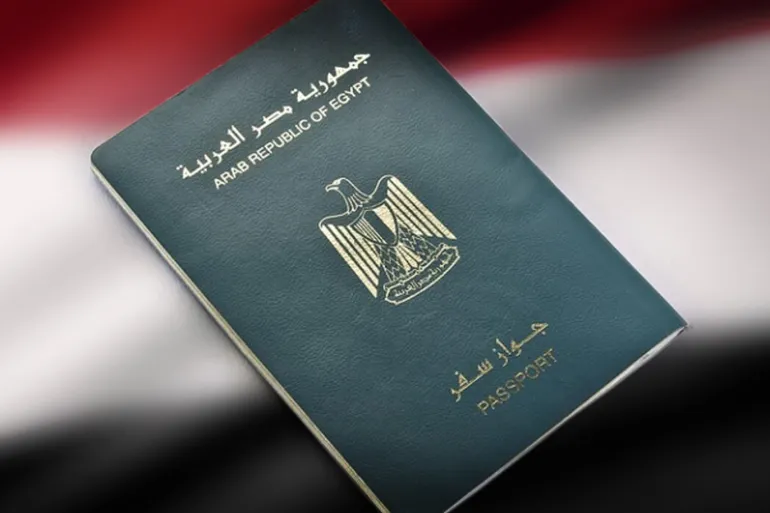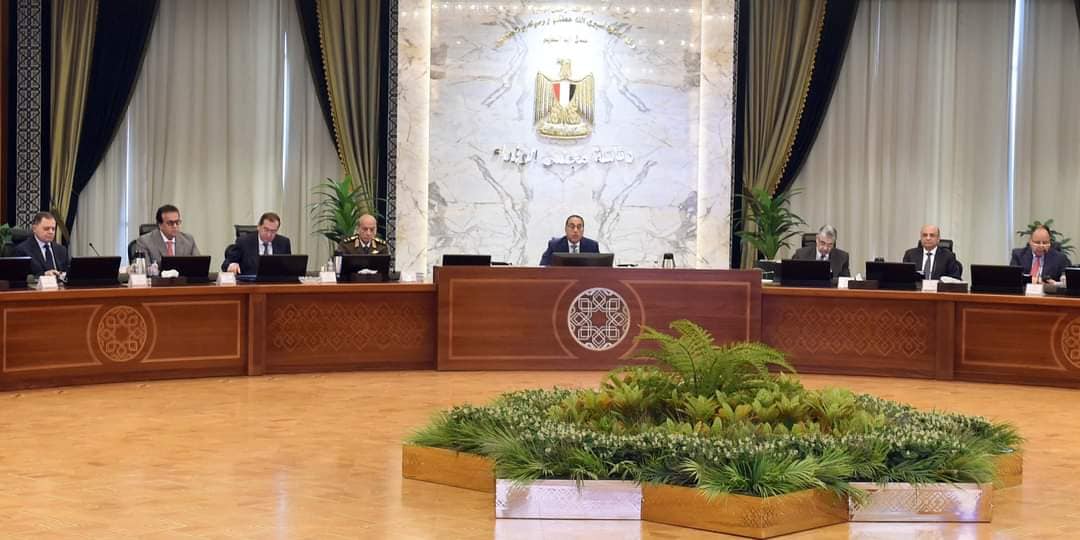On August 31st, 2023, the Egyptian Cabinet issued Decree No. 3326, granting foreigners residing irregularly a three-month grace period to regularize their status.
The decision stipulates that non-Egyptians applying for residency, whether for tourism or non-tourism purposes, through the General Administration of Passports, Immigration, and Nationality, must submit alongside their application a payment receipt indicating that they have transferred USD 1000 or its equivalent in free currencies to the Egyptian pound to cover different fees such as residency fees, fines for violations, and costs of issuing residency cards, issued from an authorized bank or an authorized currency exchange agency.
In addition to depositing USD 1000 worth of administrative expenses into the designated account according to the rules, procedures, and guidelines set by the Ministry of Interior, the decree stipulated that non-Egyptians residing irregularly in the country must also have an Egyptian national sponsor within three months from the date of implementation of the decision to be able to regularize their status and legitimize their residency.
However, a security official at the Egyptian Ministry of Interior informed the Arab World Press Agency (AWP) that the decision does not include the Sudanese and Syrian communities, and also exempts refugees registered with the United Nations High Commissioner for Refugees (UNHCR)
Commenting on the decision, UNHCR Egypt stated, “Although the government has now stated that this proposal will not affect refugees as they are represented by the organization, it remains unclear whether this measure will affect other Sudanese individuals who have fled and are not yet represented by the organization, including people who are already eligible in Egypt and now have not returned to Sudan. UNHCR is sharing information messages through clear communication channels that the new regulations do not apply to refugees.”
It is worth mentioning that approximately 9 million migrants are residing in Egypt, according to the latest report from the International Organization for Migration (IOM), including around 352,000 registered refugees and asylum seekers with the UNHCR.
Since mid-April, 287,230 individuals, who were forced to flee from the crisis in Sudan have entered Egypt, according to the latest statistics provided by the UNHCR as of September 4, 2023.
In recent months, Egyptian authorities have imposed measures restricting the freedom of movement of displaced individuals from Sudan, including Sudanese nationals and refugees who were residing in Sudan.
In June of last year, Egypt tightened entry procedures and required obtaining a prior visa for all Sudanese nationals, removing the exception previously granted to women, children, and elderly individuals fleeing conflict in Sudan to safe locations. Additionally, Egyptian authorities issued a decision at the end of May, halting the acceptance of temporary travel documents for Sudanese individuals at Egyptian crossings.
The tightening of entry procedures and its changes left those fleeing from the war trapped in dire and inhumane conditions and long waits outside consulates and embassies to obtain visas. The situation deteriorated significantly along the Egyptian-Sudanese borders.
Since the beginning of the armed conflict in Sudan in mid-April, there have been widespread displacement to neighboring countries, including Egypt. The restrictive policies and crossing regulations adopted by the Egyptian government pushed many women, men, and children to irregularly migrate to Egypt in a dangerous and highly costly journey.
The Refugees Platform in Egypt (RPE) has documented the situation of some of these individuals through interviews and monitoring their legal status. Those who have been forced to undertake this dangerous journey suffer from complete deprivation of legal personality, leading to a lack of legal protection and leaving them vulnerable to attacks without access to justice.
Consequently, they are deprived of comprehensive healthcare and access to public services such as education. They are also constantly at risk of arrest by authorities for violating the law by residing without residency permits and the consent of the competent official, which can lead to imprisonment, fines, and sometimes forced deportation. Moreover, this also increases the likelihood of their exploitation or trafficking, diminishes their opportunities for formal employment or housing, and undermines their freedom of movement.
This blockade and restriction leaves individuals in extremely poor psychological, physical, and social conditions, causing irreversible harm.
Moreover, asylum seekers in Egypt face numerous challenges with the registration process with the UNHCR due to difficulties in connecting with its phone lines or obtaining appointments for asylum registration, taking into consideration that registering asylum requests for irregular arrivals was the only official route before this decision to regulate their status and obtain residency permits.
This delay by the UNHCR exacerbates the danger of not having a regular residency permit within the country, exposing these individuals to the risk of arrest and detention and depriving them of justice.
During the past two months, the RPE has documented and monitored cases of assault where victims were unable to file complaints with the authorities of the attacks perpetrated against them. This is due to their lack of documentation due to their irregular entry into the country in recent months and their inability to regularize their status with the UNHCR due to the unavailability of appointments and delays in procedures. Additionally, the RPE has documented numerous instances where individuals faced or were exposed to danger but were unable to access the specialized offices of the UNHCR to file complaints.
Legal experts at the RPE believe that:
The Prime Ministerial decree aimed to address the situation of “irregular presence” within the territories of the Arab Republic of Egypt does so from a purely exploitative and punitive perspective, without considering the practical, security, and legal aspects of this situation. In this scenario, individuals are forced to pay money that they may not have, under a legal system that deprives them of any opportunities to regularize their status naturally or apply for asylum, which is recognized as their right under international law, agreements, and treaties.
The perspective adopted by the decree contradicts Law No. 82 of 2016 and its amendments, which stipulate that smuggled migrants are victims who shall receive support and redress, and shall not be subject to criminal liability or punishment in any form. Furthermore, the decree did not clarify the type of residency permit that will be issued, how it will be renewed, or the cost of renewal. The lack of clarity in such a decision is extremely concerning.
According to international conventions and treaties, it is the direct responsibility of the UNHCR to facilitate access and enable asylum seekers to submit their asylum claims and obtain identity documents that allow them to regularize their status within the country. This responsibility is directly related to protecting individuals from exposure to danger and human rights violations. The UNHCR must act promptly to expedite the asylum application process and review the files of applicants. This delay exposes individuals to the risk of exploitation and serious human rights violations.
The Egyptian authorities have a duty to regularize irregular migrants’ status through fair procedures and practices. This is crucial for the state in many respects.
It is also a legal right under the Egyptian constitution and law for these people, most of whom are in “an irregular situation”, to enable them to access asylum procedures as victims of human trafficking crimes and irregular migration risks, which obliges the authorities to provide them with full care, most importantly “legal protection”.

